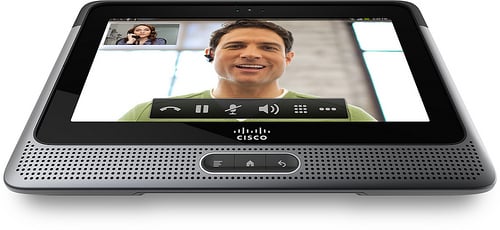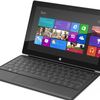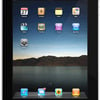
Rich Tehrani has a good post today on why the Cisco Cius failed. He put it succinctly and with a nice metaphor when he writes:
Company after company is learning what most of instinctively know already – competing with Apple head-on is like trying to tackle a freight train with your bare hands as it is barreling down the tracks in your direction. Amazon with its Kindle Fire competed on price and used its services to subsidize the device. Other tablet makers are finding it virtually impossible to compete without such advantages.Rich is exactly right. He goes to explain, "So finding out the news that Cisco is discontinuing its Cius tablet isn’t a surprise. I have mentioned before that Cisco is not good at consumer products and although the Cius was targeted at the enterprise, we know IT has become “consumerized” meaning the CIO doesn’t drive tablet decisions. As a result, Cisco has to compete with Apple head-on which as described above is virtually impossible to do."
Rich mentions the Kindle Fire's success in taking on the iPad in the tablet arena, but one area Rich didn't touch upon is the forthcoming Windows 8 tablets. No, I'm not talking about Microsoft's Steve Ballmer's 80" Windows 8 tablet that according to Wired.com, "He's got rid of his phone, he's got rid of his note paper. It's touch-enabled and it's hung on his wall". That's a very niche application, but I see Windows 8 tablets dominating the enterprise for several reasons, but the big one is Active Directory support. BYOD (Bring Your Own Device) is great for employees, but not so much for IT managers who want tighter control on devices brought into the office.
When an employee leaves the company and they have an iPad, yes IT can lock out their Active Directory accounts so they cannot access new email, but they can still view a month's worth of old emails and any Contacts they've synced using ActiveSync/Exchange Server. Further, there might be a corporate app or data on the iPad that is not easily wiped. Windows 8 tablets will be tightly integrated into Active Directory and I presume will offer the ability to wipe sensitive corporate data.
Of course, Microsoft will have to offer 'partial' wiping, since these Windows 8 tablets are also personal devices that the employee purchased themselves. Leave the apps and the employee's personal photos, etc., but wipe corporate contacts, email, etc. BYOD isn't going away, but IT administrators do need more control. Rich did touch upon a related topic on how VMware mobile virtualization is helping secure consumerized IT, that is worth a read. In that article, VMWare's Hoofar Razavi Director of Product Management, Mobile Solutions explained to Rich that smartphones are becoming data endpoints and virtualization will allow the separation of work and personal usage on the device. Perhaps virtualization is an enterprise solution that Apple tablets can also employ, but if I were a betting man, I'd say Windows 8 tablets will give the Apple iPad a run for their money. Mark my words...













